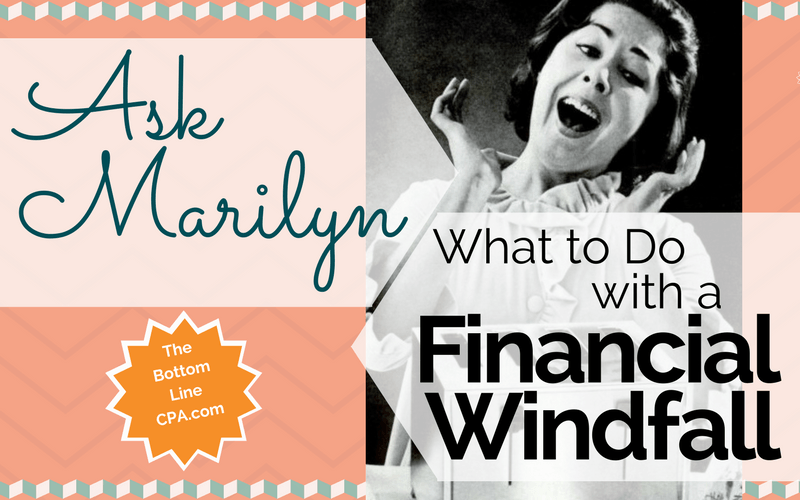
When was the last time you got lucky?
…No, not like that. Keep that information to yourself.
We're talking about “getting lucky” as in an unexpected windfall.
A check from grandma. An unexpected inheritance. A winning lottery ticket. Buried treasure unearthed by your dog.
Last month, one of our TBL Profit Planners emailed with a fun puzzle for us to help her solve:
What to do with a great big diamond ring she found.
That's right, she just found it. She didn't say where or how, but we like to imagine she was enjoying an afternoon in the park–lying in the grass, daydreaming, enjoying the spring sunshine–when her eye caught something winking in the sun, and…voila! Splendor in the grass.
[Tweet “What would you do if you found a diamond ring with no owner?”]After making her best effort to locate the owner came to naught, she felt like it would be okay to try selling it. Estimate of the value came out to about $30K retail. Wow!
Being a smart one, this Profit Planner knew she'd have to claim the sale as income. So she reached out to us about how to limit her tax liability around the sale.
How to Account for Unexpected Income
Here's what Marilyn had to say:
“Yes, the gain of the sale is taxable. If you've held that asset less than a year, then it will be taxable at your regular income tax rate. However, the big question is your long-term tax rate of capital gains.
“Capital gains are defined as the profit from the sale of property or of an investment, and you have to pay taxes on it. (The IRS considers jewelry is considered a capital asset, not a “collectible,” which is taxed at a higher rate.) This rate could be as high as 20% or as low as 0%, depending on your income level.
“This means that if you hang onto the ring for over a year, the tax rate on the income from selling it will be lower.
“Even with the above, it might be beneficial to sell the ring under someone else's name–a parent or a child, for instance. However, that could affect that other person's tax liability, as well. For instance, if your parent is getting social security benefits, having them report the sale could end up making their benefits taxable. Make sure to consider the tax situation of anyone you consider having report the sale, so you can plan for the best outcome.”
The Bottom Line
Free money is the best. But when it's enough to make a difference in your life, you can bet that Uncle Sam is looking over your shoulder.
[Tweet “You can't plan on free money. But you can (and should) plan on what to do if it shows up!”]While you can't plan to have a sudden financial windfall (alas!) you can plan around what to do if it happens. And by now it should be no surprise that planning makes all the difference when it comes to how much of that free money you get to keep.
The bottom line? Don't go it alone when making money decisions. Make sure your first act is a conversation with your Profit Pro and/or tax accountant!
